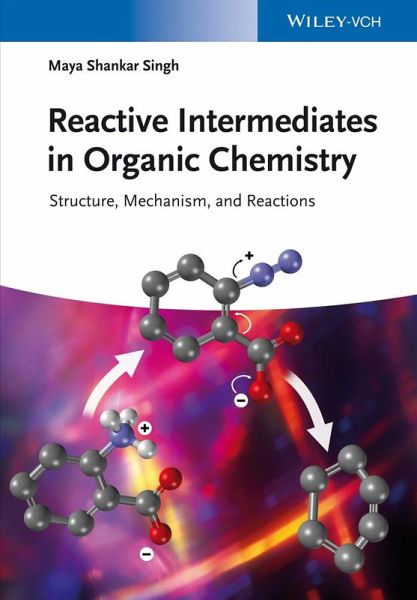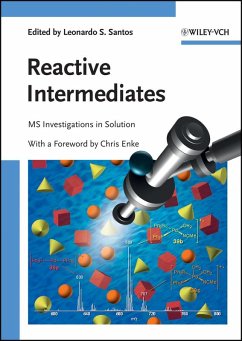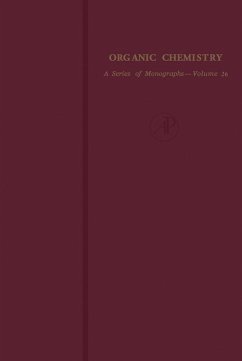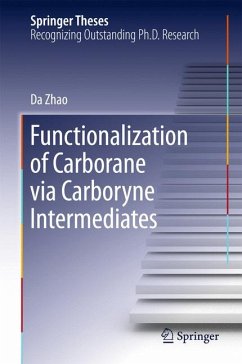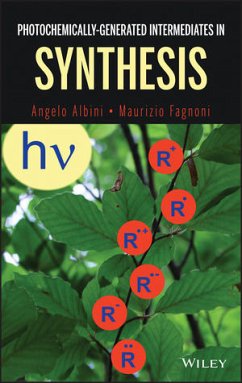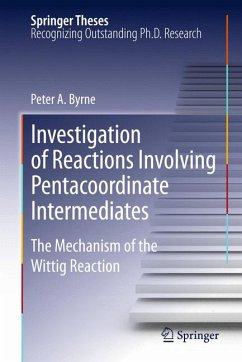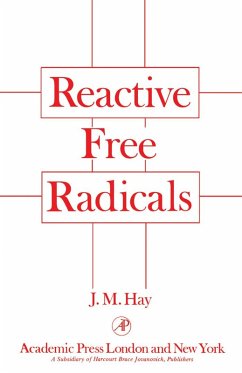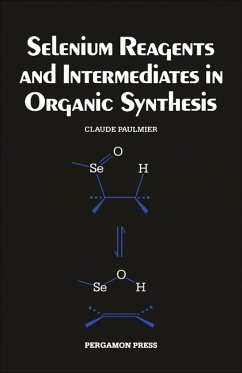Maya Shankar Singh obtained his PhD degree in Organic Chemistry from Banaras Hindu University, Varanasi, India in 1986. After postdoctoral research, he joined the Vikram University Ujjain as Assistant Professor in 1990 and moved to Gorakhpur University as Associate Professor in 1998 and then to Banaras Hindu University in 2004, where he became Professor in Organic Chemistry in 2006. During his sabbatical, he visited University of Arizona, USA; Michigan State University, USA; Nagoya Institute of Technology, Japan; Loughborough University, UK and University of Leicester, UK. His research interests are centered on synthetic organic chemistry, in particular the design and discovery of new drug candidates, development of novel building block precursors, new synthetic methodologies (catalytic and stoichiometric) and investigations towards understanding mechanisms, one-pot multi-component domino/tandem reactions, solvent-free reactions, asymmetric synthesis, green reactions and chemistry of ®-oxodithioesters/®-oxothioamides and <-oxoketene-S,S-/N,Sacetals. He has published more than 120 scientific papers and four reviews articles in reputed international journals. Prof. Singh has also authored two textbooks in organic chemistry published by Pearson Education. He is a Fellow of the National Academy of Sciences, India.
